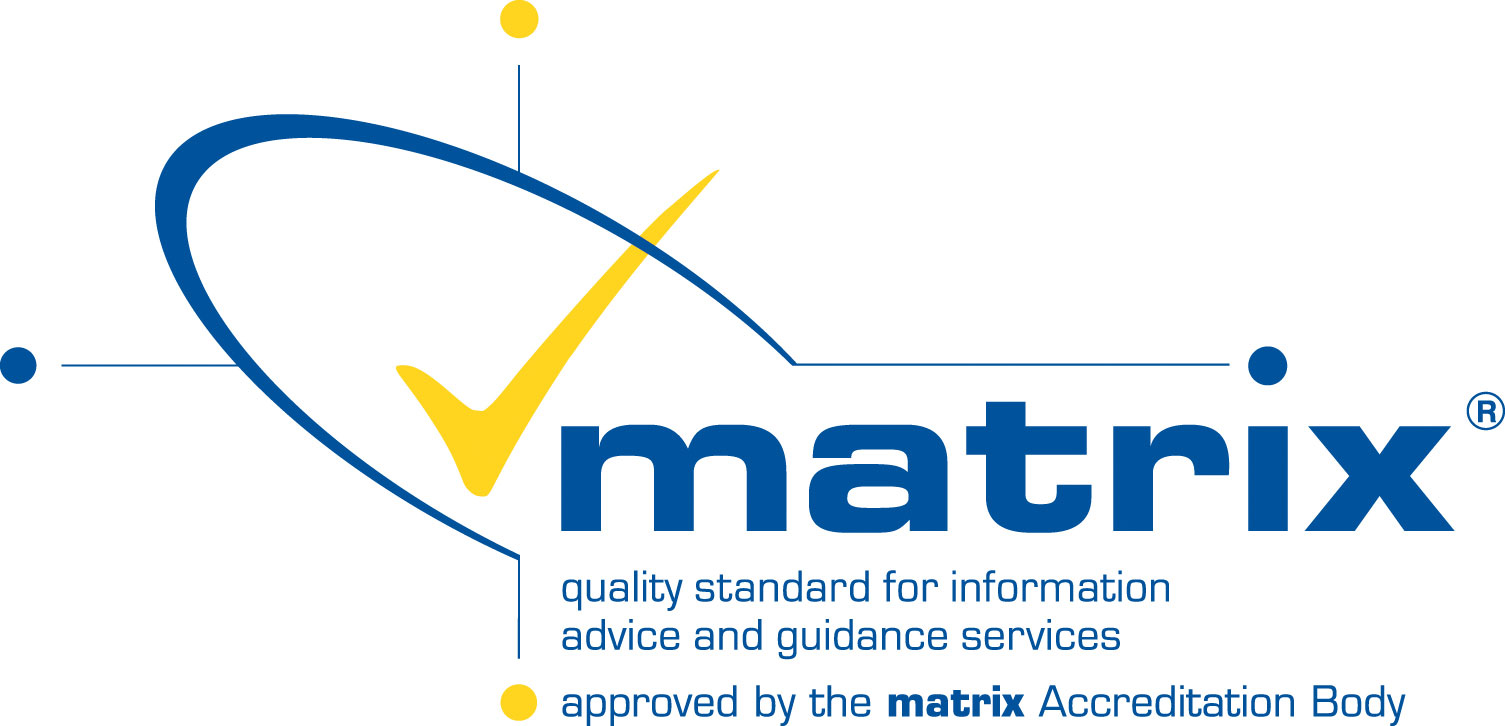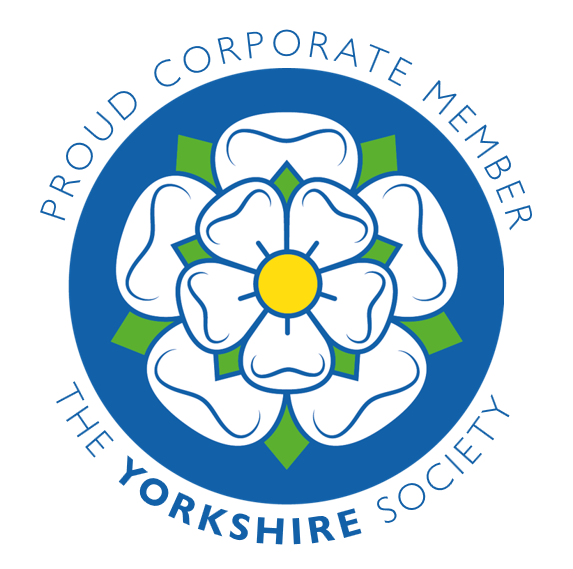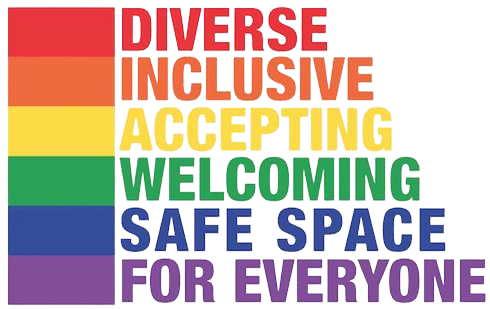Posted on 22nd February 2023
Ryan completed the National Horseracing College 12-week, residential Foundation Course, after which he secured employment as a racing groom. During his time as a Racing Groom, he completed the Level 2 and Level 3 Apprenticeships in Racehorse Care and Management.
Ryan was the National Horseracing College’s first graduate to take part in a mentorship scheme organised by the International Federation of Horse Racing Academies and funded by the HH Sheikh Mansoor bin Zayed Al Nahyan Arabian Horse Racing Festival.
What equine experience did you have prior to commencing the Foundation Course at the National Horseracing College?
Other than attending the races as a spectator, I had no direct hands-on equine experience. I do have a background in sport, coming from a family with roots in Rugby, but I was the first in my family to join the racing industry.
How do you feel the National Horseracing College prepared you for working in the horseracing industry?
The NHC was my starting point in the equine world. The Foundation Course prepared me for all aspects of yard work and it gave me the fantastic opportunity to learn to ride. Upon completion of the Foundation Course, I secured employment with a dual-purpose trainer, James Given. I also returned to the NHC to complete my Amateur Rider Cat A Course.
The NHC has supported me throughout my working life with additional industry training. It has been so much more than just the place that started my career.
What is your greatest achievement to date?
As a Yorkshire lad, growing up less than a mile from the Knavesmire, riding the Ruth Carr trained San Cassiano to win at York in 2014 was very special.
What does your Raceday routine look like?
Before leaving for the racecourse, I print off my draw sheets and checklist from our starters system for any flat meeting. This gives us all the notes that we have previously added to any horse running on the day. Once on Course I will transfer this information to my race card. I then decide, with the other Starter on duty, which is the best way to load the horses into the stalls, as quickly and as safely as possible. We then head down to the start, making sure the stalls are set up at the correct location. We also need to ensure that there is a doctor, ambulance and vet present and ready prior to the race. Once the horses arrive, we check they are wearing the declared headgear and that they are loaded into their drawn stall for flat racing and for jump racing we check girths and ensure every horse gets away to a fair start.
What skills, from working hands-on in a racing yard, have you carried over to your job as a Starter?
Being able to read a horse’s behaviour is a big help; I usually have a good idea of what a horse is going to do before they do it. In addition to this, having experience loading horses into the stalls has been a huge benefit to me. The Starting Stalls are a key part in a horse’s education in preparation for the Raceday, so understanding the processes behind this can help assist the horses with a safe and effective load.
Describe the qualities you believe a Starter must have?
A Starter must be very punctual, conscientious and able to make decisions quickly. You also need to be able to communicate well, with other Officials, the Stewards, Jockeys and Trainers.
What advice would you give someone who has aspirations of being a Starter?
I began volunteering as Assistant Starter at my local Point-to-Points and for the Arabian Racing Organisation (ARO), which progressed to employment as a Starter at Point-to-Points and for ARO. I believe this gave me valuable experience before joining the British Horseracing Authority.




